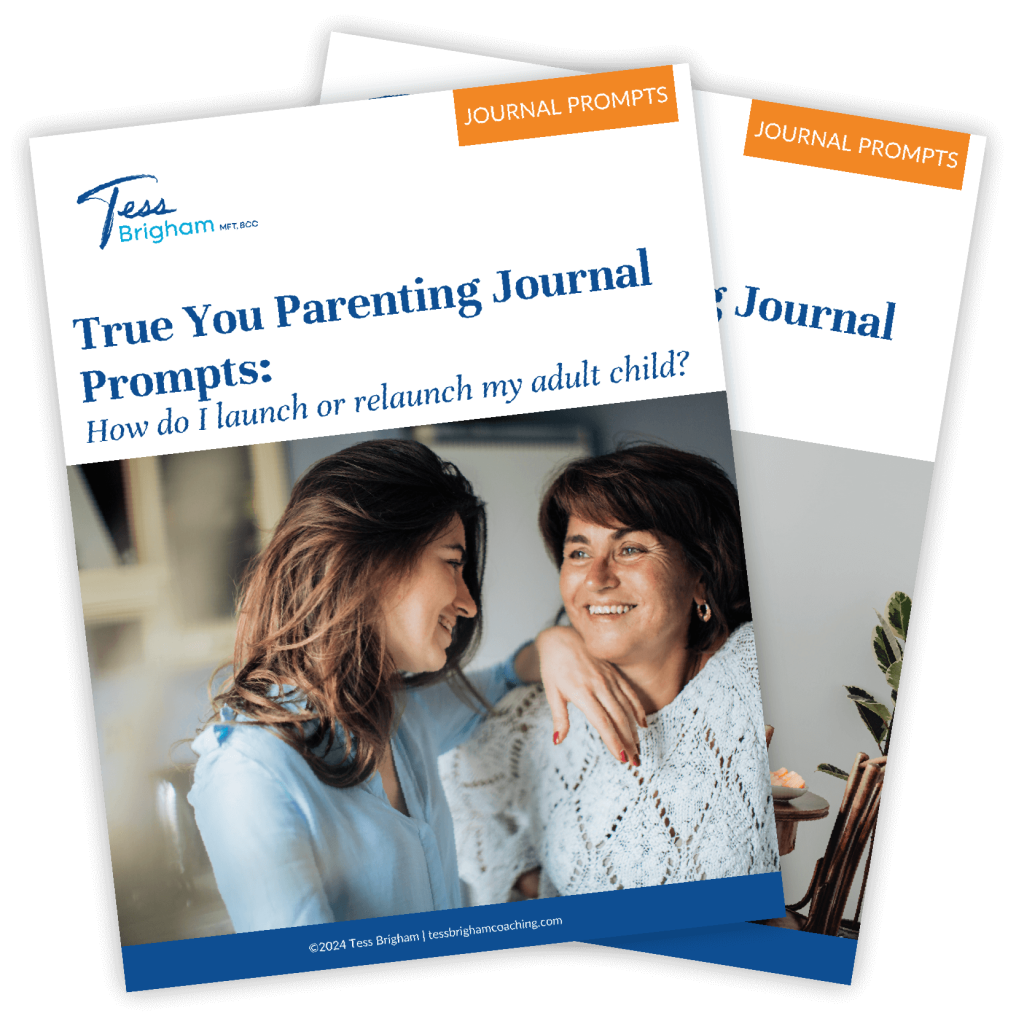The 5 Reasons Why “Adulting” in Today’s World Can Be So F%$#ing Hard

After years of counseling, coaching and researching the Millennial Generation, I’ve come to realize that the average Millennial today is caught in what I like to call “a perfect storm.”
You already know that the transition from school life to the working world can be a challenging time. You’re on your own, paying your own rent, working at your first or second “real” job, and struggling to adjust to true adulthood.
The world we live in today, the world you were born into, is vastly different than what it was 20 years ago. The rise of technology and the pressure to be connected all the time affects every aspect of our lives today. How we work, how we live, how we communicate with one another—and even how we meet future life partners—has changed dramatically.
This is why I call this time of your life “a perfect storm”. Not only are you struggling with the challenges of being an independent adult—trying to figure out what you want to do with your life, where you want to live, who you want to spend time with—you’re also living in a brand new world that can be, in a word, scary.
Based on my research and experience, I’ve found there are 5 distinct aspects of life today that makes being a young adult harder and more challenging than ever before.
1) Social Media Jealousy
Social media has created a world in which we share everything. This can be wonderful in so many ways. We can wish an old friend happy birthday on Facebook so they know we’re thinking about them. We can reconnect with college buddies, ex-loves and family. We have access into what our favorite celebrity it doing right now.
In a recent study that interviewed hundreds of Millennials in the UK, researchers found that social media breeds comparison even when the individual knows that this person is exaggerating.
The people who post a lot and comment on posts are usually those whose careers and/or relationships are going very well, while those who are struggling tend not to broadcast their situation.
This leaves you feeling like everyone else is doing much better than you. It can make you feel like you’ve failed at the “life,” thing before you’ve even started.
Even though you know that your cousin Jane is an assistant to a very demanding fashion editor, lives in a shoebox sized apartment in New York and still needs to borrow money from her parents to pay the rent. When you’re scrolling through Instagram to see Jane taking a selfie at New York Fashion Week wearing the shoes you’ve been drooling over for weeks, you can’t help but feel jealous and then you start comparing your life to hers.
2) Information Overload
The amount of information and content available today is overwhelming. While it’s great to be able to Google any topic and get so many articles to choose from, all these opinions can make it tough for you to do what you need to do in your 20s: figure out what you want.
We live in a self-help media, Ted Talk, world. You’re being reminded, on a daily basis, that you can do anything, you can be anything, you can forge your own path, and all you need to do is follow these 5 steps to achieve your dreams.
There’s so much white noise out there. You could spend your entire day reading articles on “how to get the right job for you” or “how to rise to the top in your field in less than 2 years” or “find the love of your life tonight with these 3 easy steps.”
No wonder you’re feeling so confused and anxious.
3) No Real Connections in our Always Connected World
You’re connected 24/7, but you’re not creating the real connections that you need right now.
Research shows that people who spend more than 20 minutes a day on Facebook report more depressive symptoms. The researchers found that while we scroll through Facebook to feel connected and to find friendship, yet when we finally log off, we leave feeling like we’re “wasting our lives” and end up “feeling lonelier” than before.
You need your friends and family’s support now. Not just for advice and guidance, but you need to be able to call a friend to grab a drink after work or meet for brunch on Sunday to talk about your crazy boss or the cute guy on the 5th floor you said hello to in the elevator.
These connections will keep you grounded and realistic about where you are in your life. When you’ve had a terrible day at work and your only outlet is your Instagram feed where everyone looks so good and seems so happy, you’re going to feel lonelier and even more lost.
4) Always “On” Expectations
My first job out of college I worked 9:30-5:30pm. When 5:30pm came, we shut everything down and left for the day. My workday was over, and I wasn’t expected to do anything until 9:30am the next day. There was no email, so I didn’t have anything to “check” before I went to bed,
I didn’t even have a cell phone, so my boss couldn’t call me if I wasn’t at home.
There’s a huge downside of being connected all the time. We’re all expected to be available for everyone and everything at anytime. Whether your boss expects it or not, there’s tremendous pressure to check your emails at some point after work and on the weekends.
The problem is that there’s never any real downtime. You never have a chance to just shut your brain off and relax without wondering who’s emailing you.
Even with family there’s an expectation to keep in touch. Many of my clients have parents who are very difficult and demanding, and if they don’t text their parent back ASAP (because now we all know our phones are never out of reach), they’d get an earful.
5) Debt pressures
I’m not telling you anything you don’t already know here. The Millennial Generation graduated high school and college at one of the worst economic times the United States has ever faced.
Here are some statistics: In 2015 the unemployment rate for college graduates was 7.2% and the “underemployment” rate was 14.9%. While things are getting better, it’s still tough for a college graduate with 2-3 internships and summer work experience to get a position at a competitive company.
In 2012, 71% of students graduating from four-year colleges had student loan debt. The average that went to a 4-year university owed $26,600. In 2015 it was a little over $35,000.
I’m probably not telling you anything you don’t already know, but I wanted you to know that I understand how tough it is to be a young person in today’s world. So you’re aware of all these challenges…now what?
While some things, like paying off debt, will take time, you can start tackle these challenges and make a conscious effort not to scroll through your Instagram feed after a rough day at work.
You can decide that you don’t have to be “available” for phone calls, emails, texts all the time. You may not be able to set limits with your boss (though you may want to check in to see if answering emails on weekends is something your boss really expects or something you assume they expect) you can let your friends and family know that you’re taking a break from being tethered to your phone.
That’s the beauty of being an adult. You get to decide how you want to live your life and if something isn’t working for you, you and only you, need to change it.
If you’re looking for a more focused approach, then perhaps you could consider online coaching. A coach is someone who helps you stay focused, offers support, and provides actionable tools to help you make that change.













0 Comments